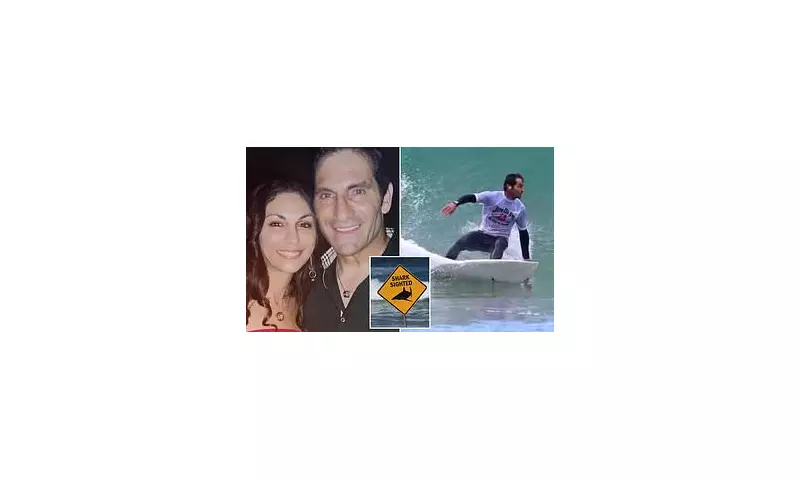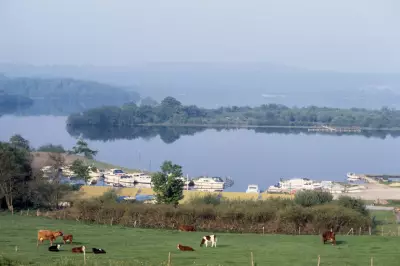
In a devastating incident that has sent shockwaves through Australia's coastal community, a serene morning swim turned into a nightmare at Little Bay Beach in Sydney. The tranquil waters became the scene of a horrific shark attack that claimed the life of a local swimmer, sparking urgent safety reviews and scientific investigation.
The Fatal Encounter
Emergency services responded to desperate distress calls around 10:40 AM on Wednesday when witnesses reported a swimmer being violently attacked by what marine experts believe was a great white shark. Despite immediate efforts from nearby fishermen and rapid response from paramedics, the victim could not be saved from the catastrophic injuries sustained during the encounter.
Mercury Poisoning Theory Emerges
In a startling development, marine biologists are investigating whether mercury contamination in local waters could have played a role in this tragic event. Experts suggest that elevated mercury levels in smaller fish may accumulate in larger predators like sharks, potentially causing neurological damage that could make them more aggressive and likely to approach humans.
"When sharks experience mercury poisoning, it can affect their brain function and behaviour patterns," explained Dr. Daniel Bucher, a prominent marine ecologist. "This impairment might reduce their natural caution and increase the probability of approaching unfamiliar objects or humans in the water."
Community Response and Safety Measures
The attack has prompted immediate action from local authorities, with several popular beaches including Little Bay, Malabar, Maroubra, Coogee, Clovelly, and La Perouse being closed as a precautionary measure. Beachgoers have been urged to avoid swimming in the area until authorities can ensure the waters are safe.
Local fisherman who witnessed the attack described the scene as "truly horrific," with the shark's powerful attack turning the water crimson. The community has been left reeling from the incident, which marks the first fatal shark attack in Sydney since 1963.
Historical Context and Ongoing Investigation
This tragic event has reignited discussions about shark behaviour and environmental factors that might influence human-wildlife interactions. Marine scientists are now conducting comprehensive water testing and analysing shark movement patterns to better understand what led to this rare attack.
Authorities continue to monitor the coastline with drones and helicopters while urging the public to remain vigilant and follow safety guidelines when beaches reopen.





